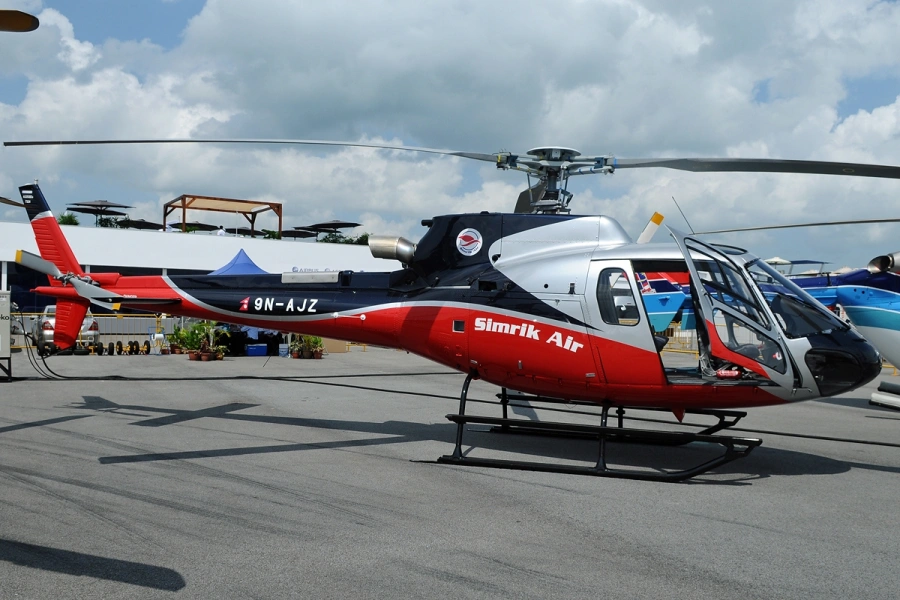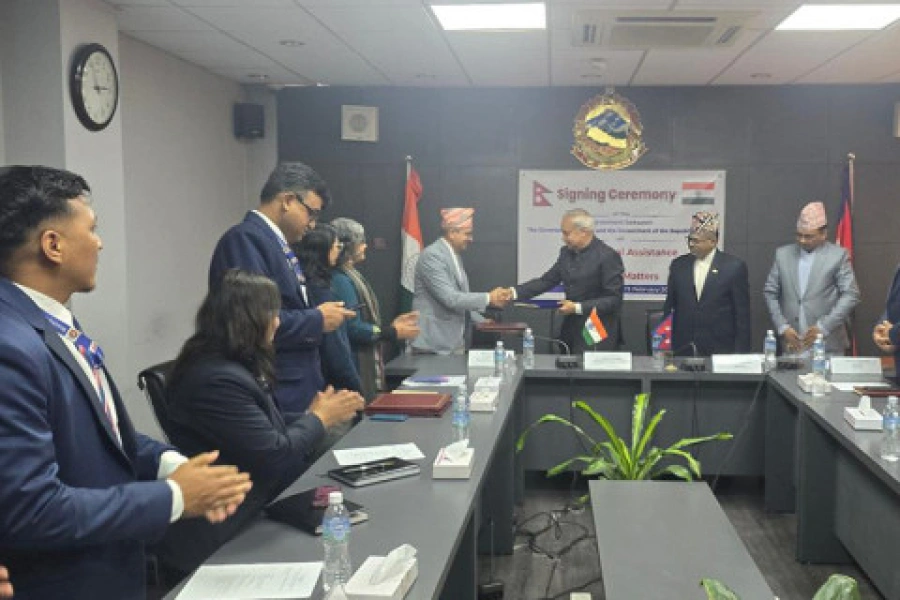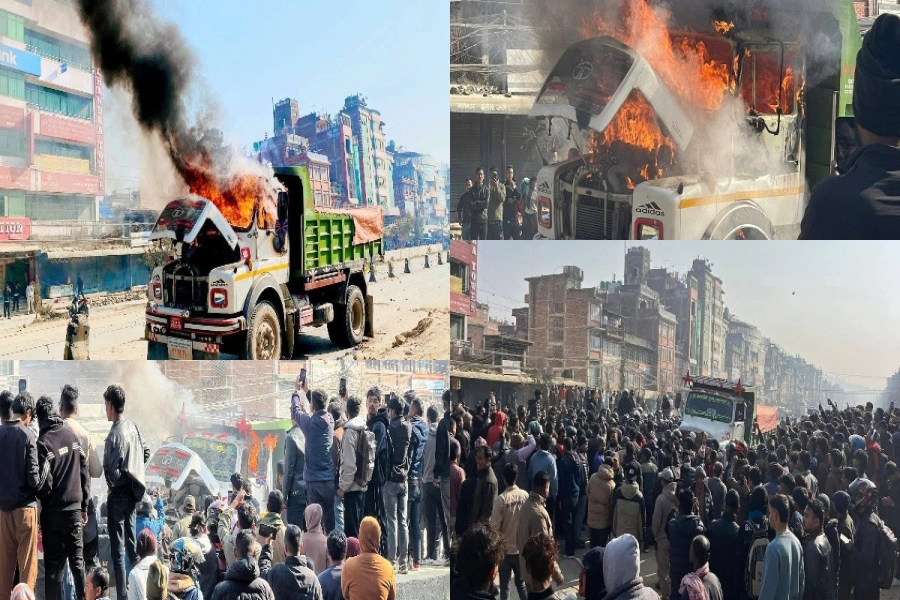KATHMANDU, July 23: The Good Governance and Monitoring Committee of the parliament on Friday instructed Chief Commissioner Lokman Singh Karki and other officials of the Commission for Investigation of Abuse of Authority (CIAA) to appear at the committee on Sunday to discuss on the CIAA's intervention in the entrance exam of Kathmandu University School of Medicine.
The House committee meeting on Friday took the decision after discussing the issue with officials of the KU. The KU officials had briefed the House panel that a CIAA team, which comprised of joint-secretary Shankar Thapa, deputy-secretary Gorakh Shahi, CIAA's health advisor Dr Nil Mani Upadhyaya, Nepal Police DIG Nawaraj Silwal and eight doctors, had visited KU School of Medical Science two days before the entrance exam and intervened in the examination process.
"Claiming that they had received complaints about irregularities in the entrance exam, the CIAA team came to the university. By then, we had two options - either to confront and file a lawsuit or to seek a practical solution for the future of the 1600 students," said KU Registrar Bhola Thapa to the committee.
"There were eight doctors in the CIAA team. Among them, four were regular examinees in KU while the other two were faculty members of other universities and the remaining two were doctors from Nepal Police. Rather than confronting, we decided to appoint them in our examination board. They chose question from our question bank and the KU held the entrance exam accordingly owning up the entire process," Thapa explained.
Dr Narendra Bahadur Rana, the dean of the school of medicine, informed the House panel that the CIAA team had urged him to let them conduct the entrance exam. The post-graduate entrance exam was conducted on May 28.
Following the briefing from KU officials, most of the parliamentarians in the panel urged for summoning the CIAA officials and investigating the issue by forming a parliamentary probe committee.
"How could CIAA interfere in an autonomous academic institution and conduct exam itself even without furnishing official letter to the KU official and even without taking formal decision within the CIAA itself?" asked lawmaker Akbal Ahmmad.
Lawmaker Udaya Nepali Shrestha accused the CIAA officials and KU officials of mutually starting ill practices.
On the other hand, parliamentarian Janak Raj Joshi claimed that the intervention from the constitutional body was invited by the internal rift between KU officials. "There are irregularities in KU and there is no need to draw CIAA in controversy," said Joshi.
However, lawmakers Arjun Narshingh KC, Anita Pariyar, Dhruba Wagle, Nagendra Kumal, Narsingh Chaudhary, Aman Lal Modi, Ambar Bahadur Thapa and some others had demanded for detailed investigation in the issue and urge the House committee chairman Mohan Singh Rathaur to summon the CIAA officials.
After the discussions, chairman Rathaur gave his rulings to summon the CIAA officials on Sunday and said that the committee will form a subcommittee to probe the issue.
Dr Govinda KC, who is staging fast-unto-death since the last 13 days demanding reforms in the medical education sector, has been demanding impeachment of CIAA Chief Karki for his interference in an autonomous body to help medical mafia.
Parliamentary committee summons all CIAA Commissioners includin...








































